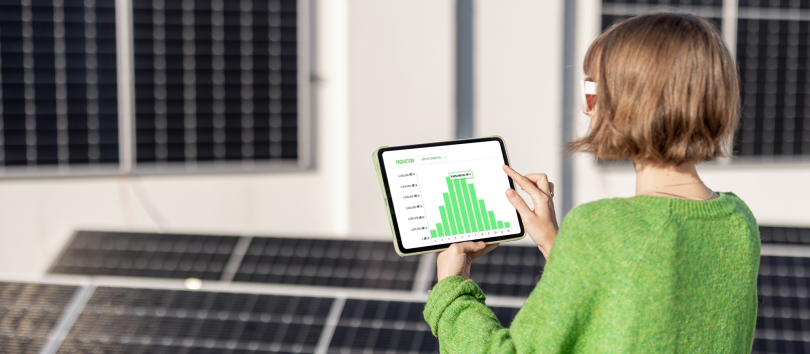
Green skills
The transition to a greener and cleaner world is an enormous challenge and an urgent priority for us all. Meeting this challenge requires a workforce equipped with green skills—the knowledge and abilities needed to work in sustainable, future‑proof occupations.
The development of new skills and the updating of existing ones to support the green transition is a transversal priority within all of the ETF’s activities.
Skills for the Green Economy
Understanding how skills support the green transition is key to shaping effective policies and training systems. You can read key takeaways from the ETF's 2023 paper: Skills for the green transition.

What is the ETF doing?
The ETF supports partner countries in developing the skills needed for a sustainable future through several flagship initiatives:
Green Skills Award
Launched in 2021, the Award highlights inspiring success stories that show how education, training, and skills contribute to the green transition. The fifth edition is underway: public voting took place in June 2025, and the winners will be announced soon
GRETA (Greening Responses to Excellence through Thematic Actions)
An initiative of the ETF Network for Excellence (ENE), GRETA helps vocational education and training systems go green through peer learning. It connects Centres of Vocational Excellence (CoVEs) across countries to exchange greening practices, sustainable solutions, and emerging technological knowledge.
International Dimension of Centres of Vocational Excellence
Launched in 2022, this project strengthens the global cooperation of CoVEs. One of its priorities is to help local and regional skills ecosystems contribute to today’s major transformations—especially the digital and green transitions.
Policy Advice and Support
We provide policy advice to governments and stakeholders in the EU’s neighbouring regions, including in skills development for the green transition. We support the close interaction between education and training systems and their environments to build skills ecosystems integrated with economic, technological and social change and greening strategies.
What is the EU doing?
- The European Year of Skills 2023/24 gave fresh impetus to the importance of skills to contribute to the green and digital transitions, supporting innovation and competitiveness, and inclusion.
- The European Green Deal aims for zero net greenhouse gas emissions by 2050 through respecting the earth’s resources, the health and well-being of its citizens and stimulating economic growth, for which education and skills play a fundamental role.